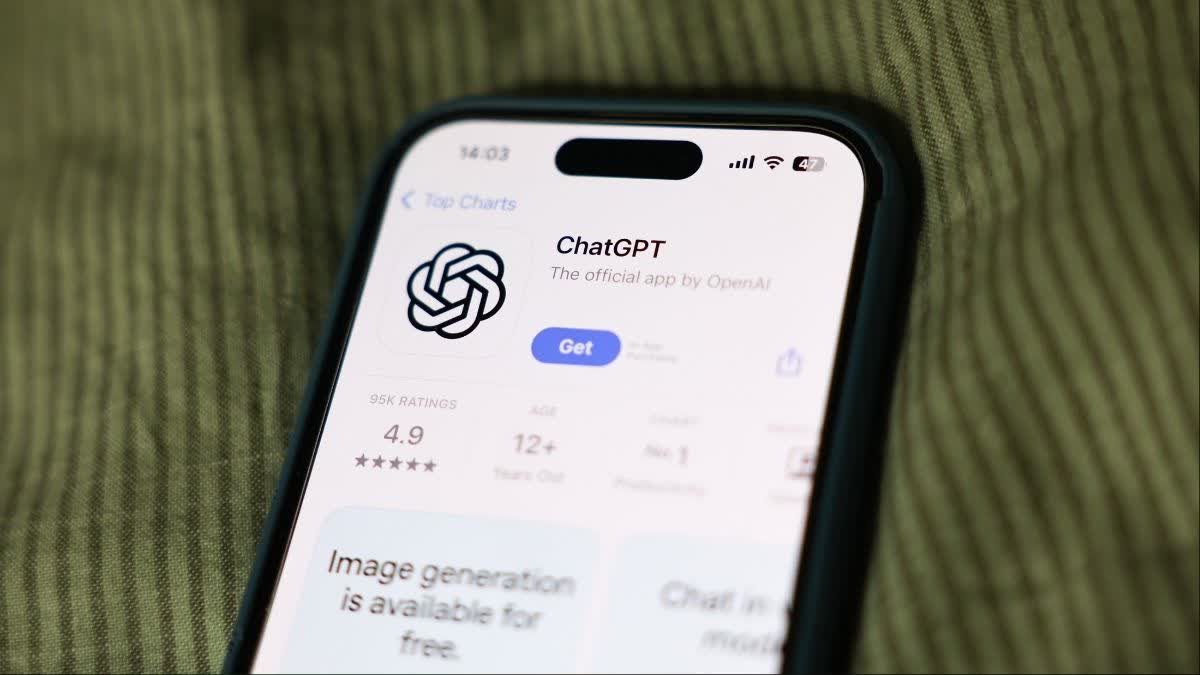Does ChatGPT dull your thinking skills? New MIT study shows why ...
Your child's ability to imagine, express themselves, and emote effectively could be at risk if they rely heavily on ChatGPT for their daily tasks. A recent study conducted by MIT's Media Lab reveals that this overdependence can lead to a decline in critical thinking skills, memory retention, and creativity, particularly among younger users.

The MIT Study on ChatGPT Users
The study involved 54 subjects aged between 18 and 39 from the Boston area, who were divided into three groups. Each group was instructed to write essays using either OpenAI's ChatGPT, Google's search engine, or no external assistance. Through EEG recordings of brain activity across 32 regions, researchers observed that ChatGPT users exhibited the lowest level of brain engagement compared to the other two groups. These users consistently performed poorly at neural, linguistic, and behavioral levels.

Over time, ChatGPT users displayed a decline in cognitive effort, often resorting to copy-and-paste techniques in their essays as the study progressed.
Impact of ChatGPT on the Brain
Relying heavily on AI tools like ChatGPT can lead individuals to offload their cognitive efforts onto the technology, resulting in reduced engagement in deep thinking, analysis, and independent problem-solving. This shift in cognitive responsibility can weaken the brain's ability to perform these tasks autonomously in the long run.
Memory Implications of ChatGPT Overreliance
Participants who heavily depended on ChatGPT struggled to remember their own work, even when asked to rewrite essays without the tool. This suggests that the information generated with AI assistance was not deeply processed or integrated into their memory networks.

Furthermore, the reduced tendency to critically evaluate AI-generated output can create an "echo chamber effect," where thoughts are subtly influenced by the AI's suggestions rather than independent reasoning.
ChatGPT as a Learning Tool
Past studies have shown that AI, when used to complement human thinking rather than replace it, can enhance learning outcomes. The MIT study revealed that individuals who initially wrote essays without AI but later used ChatGPT for revisions showed increased cognitive activity, indicating the potential benefits of AI when foundational thinking is already established.
While AI tools like ChatGPT can serve as valuable aids, they should not serve as crutches for cognitive functions. Integrating AI into education requires the development of new skills, including the ability to recognize the limitations and biases of AI-generated content and to use AI tools effectively to enhance critical thinking processes.










